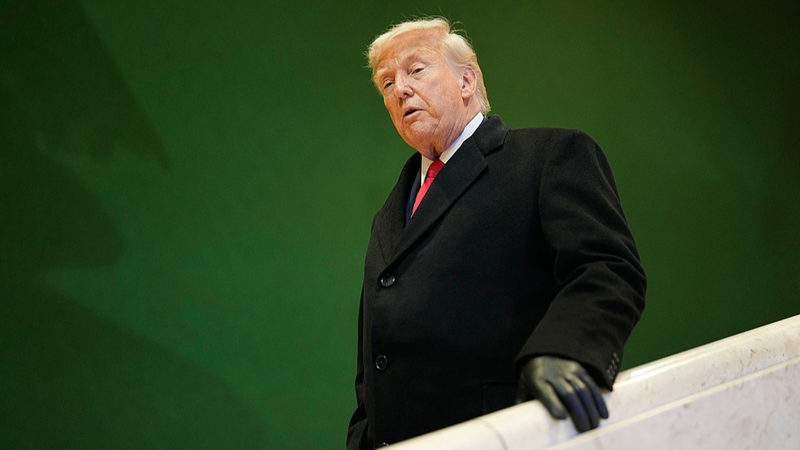As Donald Trump kicks off his second term as President of the United States on January 20, the U.S. tech industry is gearing up for a rollercoaster ride 🎢. With new policies on the horizon, tech companies are bracing for significant changes that could shake up the entire sector.
🚫 Tougher Stance on China
Trump's administration has been known for its firm stance on limiting the Chinese mainland's access to U.S. technology. From imposing tariffs to implementing export controls and restricting investments, these moves have already set the stage for a tech tug-of-war 🤺. With bipartisan support for these measures, the second term might see an intensification of this \"tough on China\" approach.
The ripple effect? Expect the prices of gadgets like smartphones 📱 to climb. While the aim is to boost domestic manufacturing and cut down reliance on the Chinese mainland, consumers might feel the pinch as component costs rise.
💡 Semiconductor Shake-Up
The semiconductor industry could be facing a significant plot twist 🎬. Additional tariffs might push Chinese firms to double down on self-sufficiency, sparking increased competition for U.S. chipmakers globally 🌐.
In 2024, compelled by existing export controls, the semiconductor industry in China saw rapid consolidation, with over 40 mergers announced across the entire supply chain 🔄. Smaller companies are joining forces, becoming stronger together 💪.
Some online influencers even credited U.S. restrictions for accelerating the Chinese chip industry's upgrade, which had struggled for decades against imported chips.
🌍 Visa Hurdles and Talent Drain
The U.S. tech scene might also face a talent crunch if Trump continues his previous approach to the H-1B visa ✈️. Denial rates soared from 6% in 2015 to 24% in 2018, making it tougher for skilled foreign workers to land jobs in the U.S.
Even Elon Musk, CEO of Tesla and SpaceX 🚀, signaled support for expanding the H-1B visa program during Trump's second presidency. However, he faced backlash from MAGA supporters, who believe there's enough homegrown talent for high-skill jobs.
🤖 Evolving Stance on Big Tech
Speaking of Musk, who went all-in for Trump during the recent election 🗳️, the new administration's support for Big Tech might be limited to areas under Musk's influence.
During his first term, Trump initiated antitrust actions against Big Tech giants like Amazon, Apple, Google, and Meta 🕵️. But in this second term, he might ease off, especially with pressures to boost the U.S. economy and lower consumer goods prices 💲.
Trump's open support for cryptocurrencies might also hint at a softer approach toward Big Tech 💰.
Regarding ongoing government investigations into Google and others, Trump has played it coy 🤐. He's mentioned he's \"not a fan of Google\" but also suggested that breaking up the company isn't necessary.
🌐 What's Next?
With so many variables in play, the U.S. tech industry is navigating uncharted territory 🗺️. As policies shift and new challenges arise, companies and consumers alike will need to stay agile and informed 📚.
One thing's for sure: the next few years are set to be an interesting journey for tech in the U.S. Buckle up! 🚀
Reference(s):
Navigating uncertainty: U.S. tech faces challenges under Trump
cgtn.com




